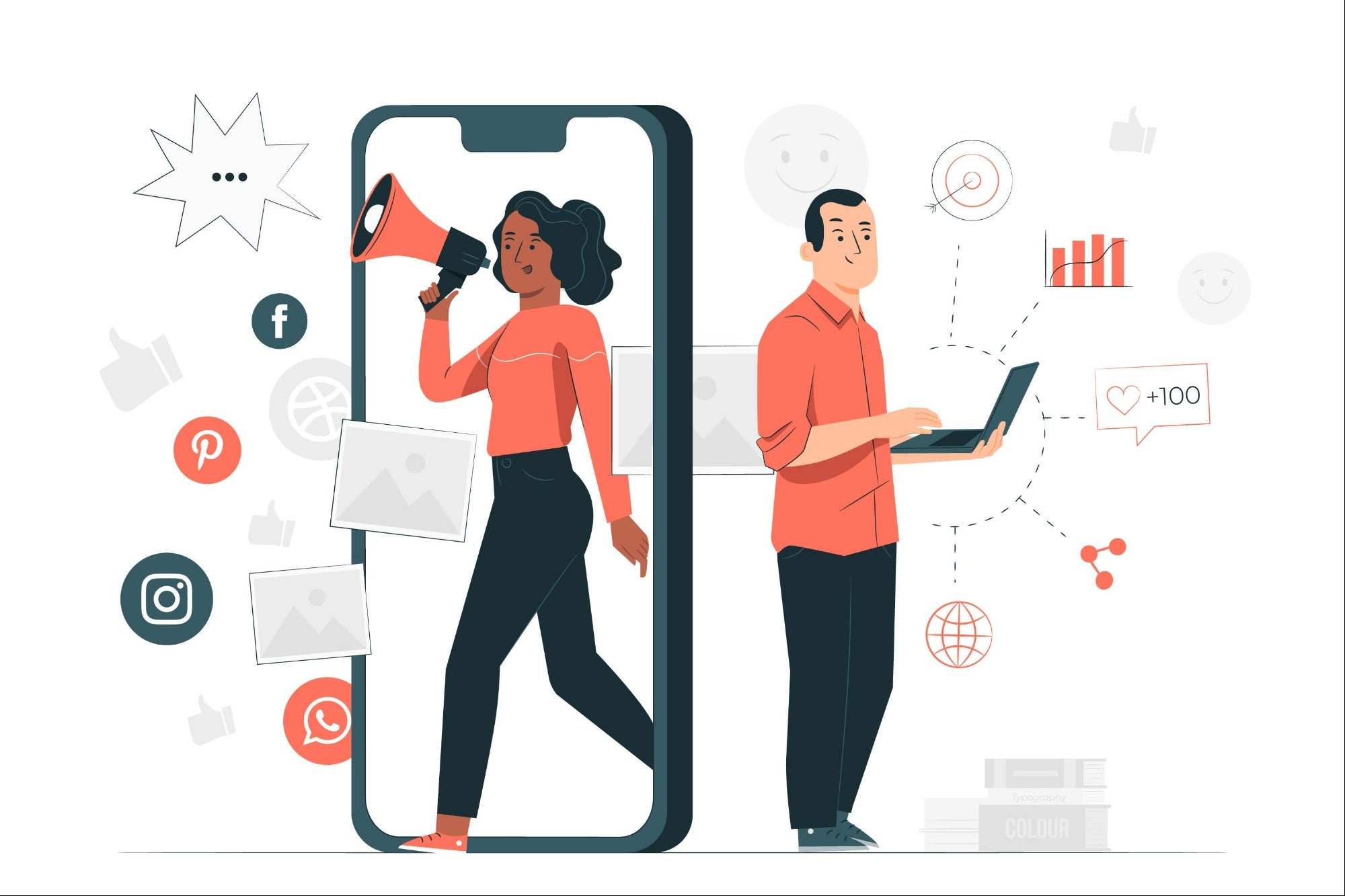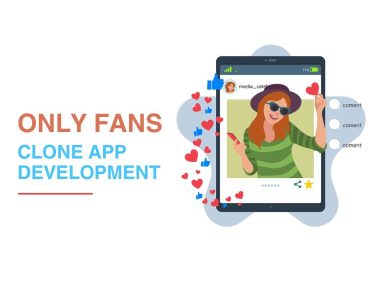In recent years, the landscape of social media has undergone a seismic shift, driven largely by the advent of artificial intelligence (AI). As platforms evolve to become more sophisticated, AI is playing an increasingly pivotal role in shaping user engagement. From personalized content recommendations to advanced chatbots, AI in social media is transforming how users interact with platforms and each other. This article delves into the multifaceted impact of AI on social media, exploring how it’s enhancing user experience, optimizing content delivery, and driving deeper engagement.
Personalization: Tailoring Content to User Preferences
One of the most significant ways AI is revolutionizing social media is through personalization. Platforms like Facebook, Instagram, and Twitter are leveraging machine learning algorithms to analyze user behavior and preferences. This enables them to deliver highly personalized content that resonates with individual users.
For instance, Instagram’s Explore page uses AI to recommend posts, stories, and videos based on what users have liked, commented on, or shared in the past. Similarly, Facebook’s news feed algorithm prioritizes posts from friends, groups, and pages that users interact with most frequently. By tailoring content to individual preferences, AI not only enhances user satisfaction but also increases the likelihood of engagement.
Advanced Analytics: Understanding User Behavior
AI-powered analytics tools are providing social media platforms with unprecedented insights into user behavior. These tools can analyze vast amounts of data in real-time, identifying trends, sentiment, and engagement patterns. This information is invaluable for both platforms and marketers, enabling them to fine-tune their strategies for maximum impact.
For example, Twitter’s AI algorithms can detect trending topics and hashtags, allowing users to stay updated on the latest news and events. Marketers can also use these insights to create more relevant and timely content, increasing the chances of it being shared and discussed.
Chatbots: Revolutionizing Customer Service
Another area where AI is making a significant impact is customer service. AI-powered chatbots are becoming increasingly common on social media platforms, providing users with instant responses to their queries. These chatbots can handle a wide range of tasks, from answering frequently asked questions to assisting with online purchases.
For businesses, chatbots offer a cost-effective way to provide 24/7 customer support, enhancing the overall user experience. Platforms like Facebook Messenger and WhatsApp are already leveraging AI chatbots to facilitate seamless communication between businesses and customers.

Content Creation: Automating the Creative Process
AI is also transforming the content creation process on social media. Tools like Canva and Adobe Spark use AI to assist users in designing visually appealing graphics and videos. These platforms offer templates and design suggestions based on the user’s input, making it easier for individuals and businesses to create high-quality content.
Moreover, AI can generate written content, such as captions and blog posts, by analyzing existing data and trends. This automation not only saves time but also ensures that the content is relevant and engaging.
Enhanced Security: Detecting and Mitigating Threats
Security is a critical concern for social media platforms, and AI is playing a crucial role in enhancing it. AI algorithms can detect suspicious activities, such as fake accounts, spam, and cyberbullying, in real-time. By identifying and mitigating these threats, AI helps maintain a safe and secure environment for users.
For instance, Facebook uses AI to identify and remove harmful content, including hate speech and misinformation. Similarly, LinkedIn employs AI to detect fake profiles and prevent fraudulent activities.
Influencer Marketing: Identifying the Right Partners
Influencer marketing has become a cornerstone of social media strategy, and AI is making it more effective than ever. AI tools can analyze an influencer’s reach, engagement, and audience demographics to determine their suitability for a particular campaign. This ensures that brands collaborate with influencers who align with their values and target audience.
Platforms like HypeAuditor and Influencity use AI to provide detailed analytics on influencers, helping brands make informed decisions. By identifying the right partners, businesses can maximize the impact of their influencer marketing campaigns.
Predictive Analytics: Anticipating User Needs
Predictive analytics is another area where AI is making strides in social media. By analyzing historical data, AI can predict future trends and user behavior. This enables platforms and marketers to stay ahead of the curve and anticipate user needs.
For example, LinkedIn uses predictive analytics to suggest job opportunities to users based on their profile and activity. Similarly, e-commerce platforms like Pinterest use AI to recommend products that users are likely to be interested in.
Conclusion
The rise of AI in social media is undeniably transforming user engagement in myriad ways. From personalized content recommendations and advanced analytics to AI-powered chatbots and enhanced security, the integration of AI is creating more dynamic, secure, and engaging platforms. As AI continues to evolve, its impact on social media will only grow, offering new opportunities for users, businesses, and marketers alike.
In this rapidly changing landscape, staying informed about the latest AI advancements is crucial for anyone looking to leverage social media effectively. By understanding how AI is shaping user engagement, individuals and businesses can adapt their strategies to stay competitive and make the most of the opportunities that AI in social media presents.



